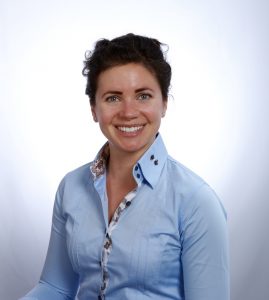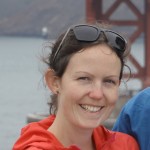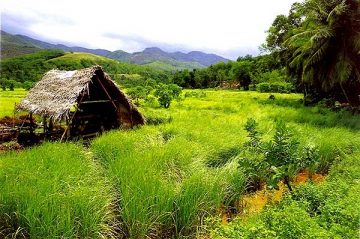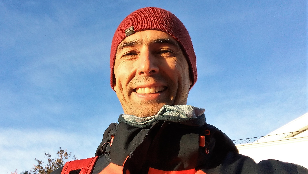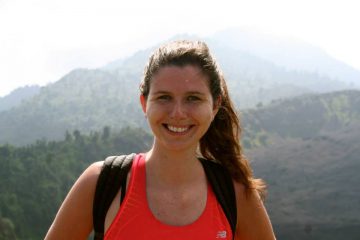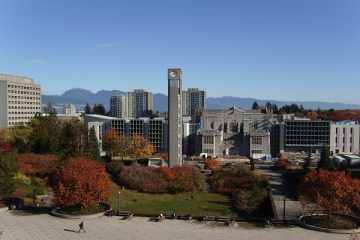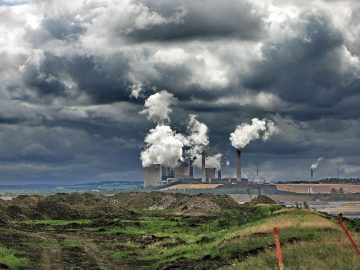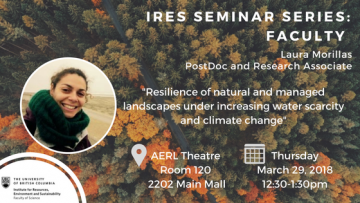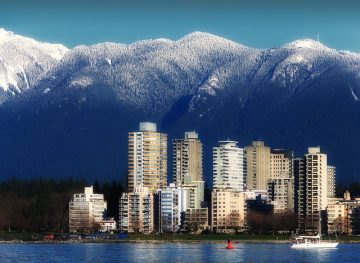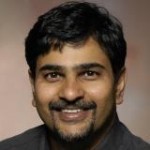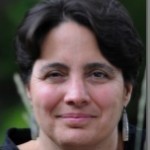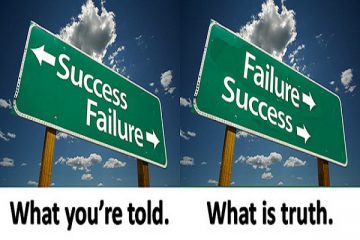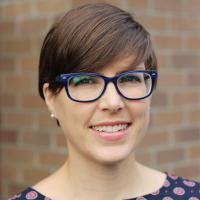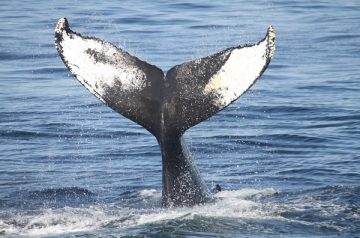Location: Coach House, UBC Green College
Address: 6201 Cecil Green Park Road
Date: Wednesday, March 21st 2018
Time: 5pm
“Planet Vision: Why We First Need to Build a Shared, Positive Vision of the Future to Address Our Environmental Challenges”
Abstract: Learn more about PlanetVision, a multi-faceted campaign — blending museums exhibits, web and social media, and a future book and lecture series — to inspire people to take everyday actions to ensure a more sustainable future. By seizing simple opportunities in our food, water, and energy systems, we can all make a real difference to issues like ecosystem decline & biodiversity loss, the degradation of our natural resources, and the mounting challenges of climate change. PlanetVision shows us how, and gives us hope.
Green College Poster for Jonathan Foley March 21
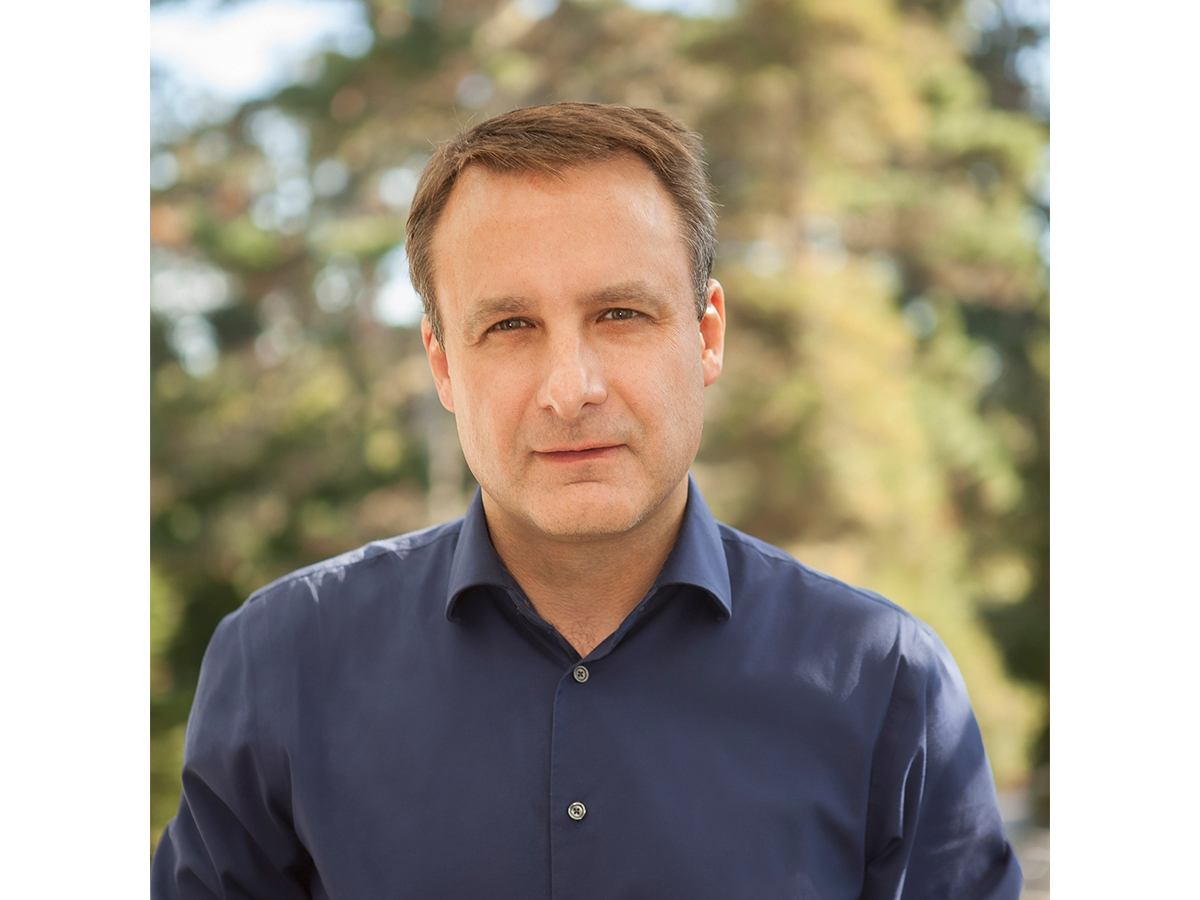
Dr. Jonathan Foley, Executive Director, California Academy of Sciences
Bio: Dr. Jonathan Foley is the Executive Director of the California Academy of Sciences, where he is also the William R. and Gretchen B. Kimball Chair. In this role, Foley leads the greenest museum on the planet and one of the most future-focused scientific institutions in the world.
A world-renowned scientist, his work focuses on the sustainability of our planet and the ecosystems and natural resources we depend on. Throughout his career, he and his colleagues have contributed to our understanding of worldwide changes in ecosystems, land use and climate, global food security, and the sustainability of the world’s resources. This work has led Foley to become a trusted advisor to governments, environmental groups, foundations, non-governmental organizations, and business leaders around the world.
Foley joined the Academy in 2014, after spending over two decades leading interdisciplinary, university-based programs focused on solving global environmental issues. Most recently, he was the director of the Institute on the Environment (IonE) at the University of Minnesota, where he was also a professor and McKnight Presidential Chair of Global Environment and Sustainability. He is also a former professor of the University of Wisconsin, where he founded the Climate, People and Environment Program (CPEP) and the Center for Sustainability and the Global Environment (SAGE).
Foley has published over 130 scientific articles, including many highly cited works in Science, Nature, and the Proceedings of the National Academy of Sciences. In 2014, Thomson Reuters named him a Highly Cited Researcher in ecology and environmental science, placing him among the top 1 percent most cited global scientists.
He has also written many popular articles, op-eds, and essays in publications like National Geographic, the New York Times, Scientific American, The Guardian, Ensia, Yale’s Environment 360, and bioGraphic, among others. His research has also been featured on the covers of National Geographic, Nature, and Scientific American.
A noted science communicator, Foley’s presentations on global environmental issues have been featured at hundreds of venues, including the Aspen Environmental Forum, the Chautauqua Institution, and TED.
Foley has won numerous awards and honors, including the Presidential Early Career Award for Scientists and Engineers (awarded by President Bill Clinton); the National Science Foundation’s Faculty Early Career Development Award; the J.S. McDonnell Foundation’s 21st Century Science Award; an Aldo Leopold Leadership Fellowship; and the Sustainability Science Award from the Ecological Society of America. In 2014, he was named winner of the prestigious Heinz Award for the Environment.
Originally from Maine, Foley enjoys a wide range of outdoor activities, including nature photography, backyard astronomy, gardening, kayaking, hiking, and exploring new places—often with his two daughters leading the way. He lives in San Francisco.
- Jonathan will also be speaking on Thursday March 22 in the IRES Seminar Series Click here for more details.
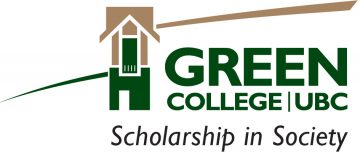

New this year: With humanity’s creation of a new geological era marked by dominant human influences on planetary processes, the Anthropocene seems to offer little hope.
And yet, the same ingenuity that enables human domination over the Earth also allows a certain genius in addressing the many rising environmental and sustainability challenges.
Hope in the Anthropocene will showcase such inspirations and solutions in tackling climate change, harnessing energy, feeding humanity, governing states, and meeting our collective water and sanitation needs all while respecting Indigenous peoples and protecting nature and its benefits for people.
A collaboration between Green College and the Institute for Resources, Environment and Sustainability at the University of British Columbia, Hope in the Anthropocene will feature 6 accomplished speakers from around the world presenting in the IRES Seminar Series.
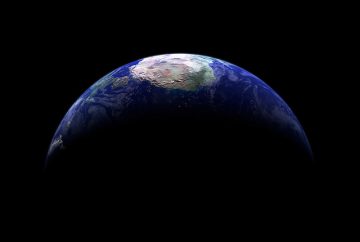
Photo Credit: Kevin Gill from flickr/ Creative Commons
